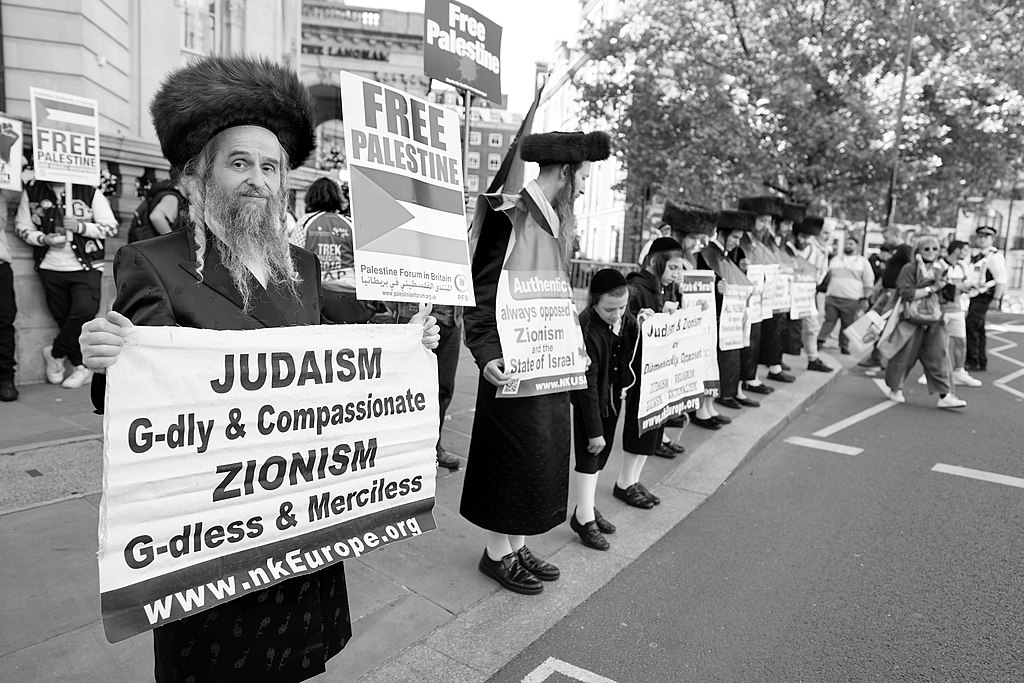Seven Takeaways on Biden’s Withdrawal, Trump’s Unfitness, and The Dems Rising From the Ashes, Part I
One of my regular readers messaged me Sunday night to ask if I planned to blog about Biden’s withdrawal. I said yes, but only once I’d figured out which angle to focus on. There are quite a few.
Monday morning, at 5:25 a.m., I had the lightning-bolt insight that I didn’t have to pick just one angle. This is a complex issue with many parts, and I can explore as many of those parts as I want to! So after an unsuccessful attempt to get a bit more sleep, I first sat down at the keyboard at 5:45 a.m., on five hours of sleep, and finally finished the first draft at 9:05 p.m. Then my wife suggested I break it into two pieces. In the clear light of morning, I followed her advice 😉.
Here are the first four:
- It’s Not About His Age!
There’s nothing magic about passing 80 that makes you suddenly lose all your ability. Pablo Casals was still making beautiful music into his 90s. Pete Seeger was still writing great songs, though he couldn’t sing them very well anymore. Grandma Moses (who didn’t even start painting until her late 70s) and Picasso were still making art. My activist friend, Arky Markham, used her public 100th birthday party to raise funds for her charity, while three years later her friend and mine, Frances Crowe, used HER public 100th birthday party to organize a demonstration for social justice. Her vision was “100 people with 100 signs for 100 causes;” she got 300. Strom Thurmond still displayed his reactionary politics as a US Senator into his 90s and served beyond his hundredth birthday. Though his Wikipedia bio notes that he wasn’t very competent for his last decade, that still means he was an effective senator long past the age Biden would have been at the end of his second term.
- But Biden’s Decline is Real—And So Is Trump’s
And yet, aging is real. We all age differently. Biden has been increasingly erratic. I believe George Clooney’s statement that the Biden he saw at a June fundraiser was not the strong, competent leader of the State of the Union Address or his more recent speech to NATO but “was the same man we all witnessed at the debate.” In an op-ed published in The New York Times on July 17, Clooney writes the Biden he was with last month “was not the Joe ‘big F-ing deal’ Biden of 2010” or “even the Joe Biden of 2020.”
I was also deeply concerned that Biden himself told a meeting of governors that he doesn’t want to schedule events past 8 p.m. because he needs to get more sleep. Unfortunately for Biden, being president doesn’t get you a lot of sleep. You’re going to be woken up frequently to deal with crises, and your schedule will demand late-night meetings. At least the president doesn’t have to deal with senior night-driving issues and drive there, as some of us do.
Even though his withdrawal was reluctant and belated, Biden has been deservedly lauded for putting his country ahead of his own ambition—something his recent opponent has proven over and over again that he is incapable of doing. Although you wouldn’t know it from the media coverage since the debate, Trump’s mental acuity (never his strongest suit) has also plunged. His speeches have been incoherent for months. As far back as April, Newsweek highlighted a prominent psychologist’s analysis on the David Pakman show that Trump was “faltering.” But for some reason, this story didn’t make many waves in the rest of the media, or in the public consciousness. Trump’s use of violent rhetoric, including plagiarizing Hitler not just once but on numerous occasions, got slightly more attention, but the media didn’t focus on it the way they did on Biden’s debate failure. I’ll go into more detail in Angle #5, in Part II.
- Deceiving the Populace Did Nobody Any Favors
The campaign should have been open and honest that Biden was declining. And Biden himself should have declared truthfully that even with just one term, he had one of the greatest records of accomplishment of any president in history—getting more done in one term than many presidents accomplish in two, despite never having control over both houses of Congress—and it was time for him to relax, step back, and let a younger person get a turn to be the knight in shining armor. The ~14 million who voted for Biden in the primary should have been made aware that these flaws were showing up often enough to be worrisome—and they should have been presented with other choices. Challengers should have been given room to ramp up ahead of the primaries so that those 14 million voters would have been involved in choosing his successor.
And Biden’s record really is remarkable. Beyond the obvious big deals like bringing the economy back from the brink, hastening the end of the pandemic through science-based policy, passing infrastructure and recovery acts with a lot of good green stuff, walking his talk on supporting people of color and LGBTQ folks, and being the most labor-friendly president ever, here are 30 accomplishments you may not have heard about that harnessed the administrative power of the federal government to make huge progress on issues ranging from keeping our records private to shifting farming and energy to far greener paths to building stronger relations between countries that are historic enemies (such as Japan and South Korea).
- Biden Gained Office While Hinting that He Would Only Serve One Term
Recognizing that his age was an issue even in 2020, Biden signaled that he wouldn’t be likely to run again in 2024. While he didn’t come out and promise not to run again, private messaging was leaked to the public back then that strongly implied he would not seek a second term.
Later this week, I’ll post Part II, with more angles to examine, including a big surprise about the Democratic Party. As soon as it goes live, I’ll post a link here. If you post a comment, I’ll tag you when it’s ready.
Lifelong activist, author, international speaker, and TEDx Talker Shel Horowitz helps businesses succeed by building in environmental healing and social justice. His award-winning 10th book is Guerrilla Marketing to Heal the World. Find him at https://goingbeyondsustainability.com


